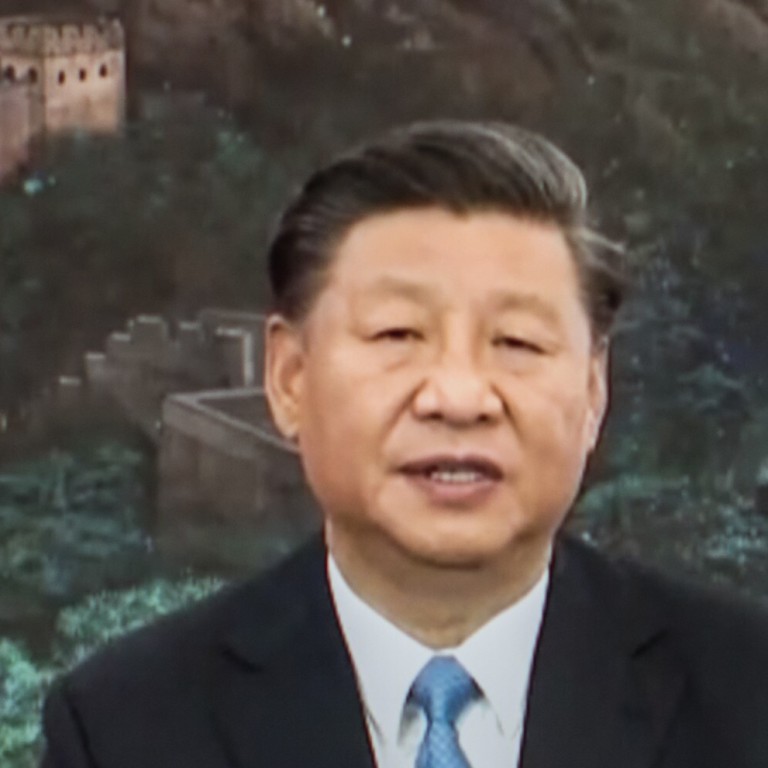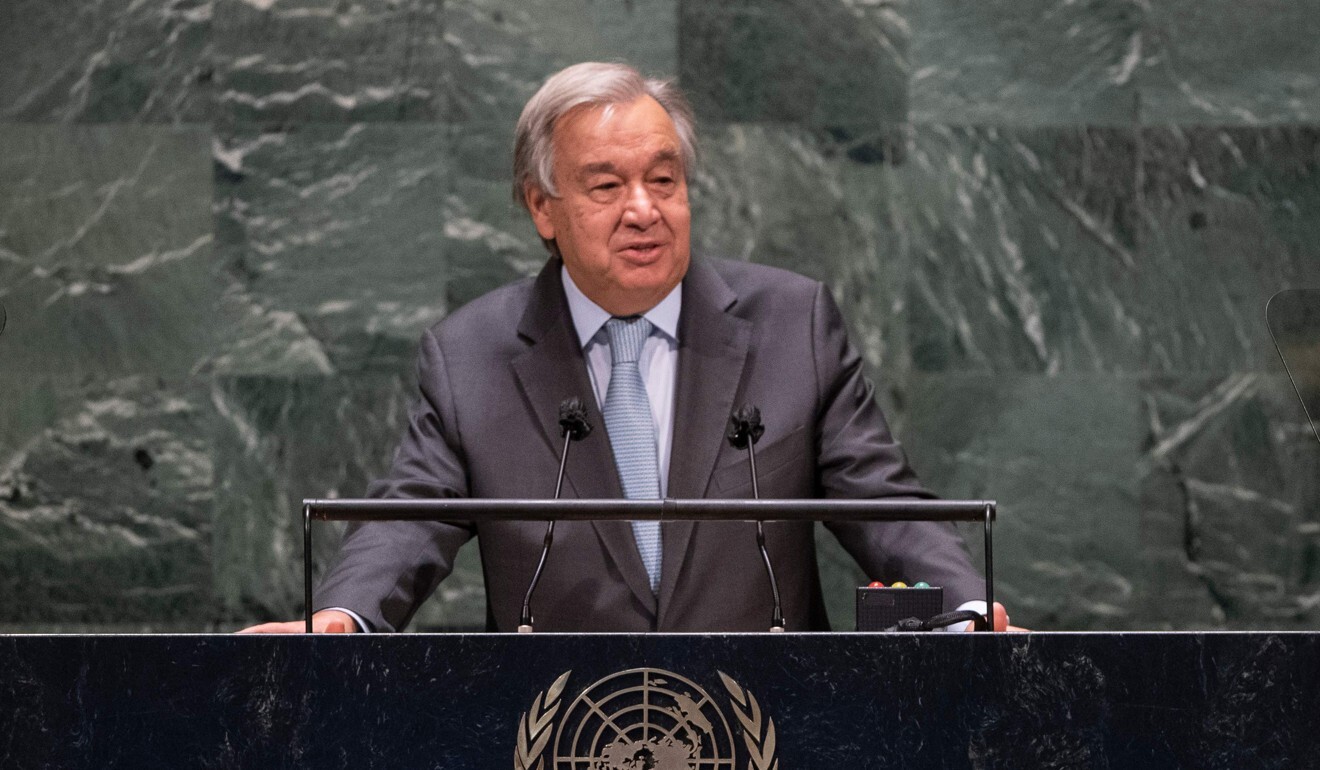
China-US rivalry: Asian countries fear getting caught in a new cold war
- Despite their deep economic relations with China, some Southeast Asian nations are ‘starting to question whether a Chinese form of governance is palatable’, analyst says
- The world ‘cannot afford a future where the two largest economies split the globe in a great fracture’ UN secretary general says
Other world leaders called for reforms within the UN to address growing geopolitical risks.
UN Secretary General António Guterres delivered a stark warning about the “very dangerous direction” in which the world was moving, likening the moment to the Cold War.
“Our world cannot afford a future where the two largest economies split the globe in a great fracture – each with its own trade and financial rules, and internet and artificial intelligence capacities,” he said.
“A technological and economic divide risks inevitably turning into a geostrategic and military divide. We must avoid this at all costs.”
The contrast between Xi’s long-term vision of global governance with the UN at the centre and Trump’s emphasis on “America first” style policies reflect the widening rift between the major powers that have intensified concerns in Asia.
“Many Southeast Asian countries have deep economic relations with China that are inextricable, but many are starting to question whether a Chinese form of governance – governance with Chinese characteristics – is going to be palatable to their societies,” he said.
“Southeast Asian countries have had to think carefully about who has been delivering and who will continue to deliver public goods in the region and in the security domain for the foreseeable future, and I think they see that the US is still the one that can offer those goods.”

Aaron Rabena, a research fellow at the Manila-based think tank Asia-Pacific Pathways to Progress, said Duterte’s remarks reflected that he wanted Manila’s claims respected but did not want great power tensions to turn into a hot war.
China goes on the attack in response to Donald Trump’s UN speech
“Another reason is that the Philippines could be entrapped, as it is a defence treaty ally of the United States that accommodates US military presence.
“Not only would an attack on US military forces in the Philippines be deemed as an attack on Philippine soil, but an attack on US forces would oblige the Philippines to render assistance.”
Madhav Das Nalapat, director of the department of geopolitics and international relations at Manipaul University, said India was reluctant to partner with the US but could find itself aligned with the US against China, in the same way Beijing had partnered Washington against Moscow during the Cold War.
China-India row: risk of tangled ties if New Delhi looks to third parties, expert says
Nalapat said there were signs that UN “cannot be taken seriously”, including China’s refusal to allow India to join the UN Security Council, and sidestepping by China and the US of UN resolutions they disagreed with – which added to the risk of military conflict.
“Given the trajectory of China and the resistance to being overshadowed by the US, such a situation seems unavoidable. Cold War 2.0 has begun.”

